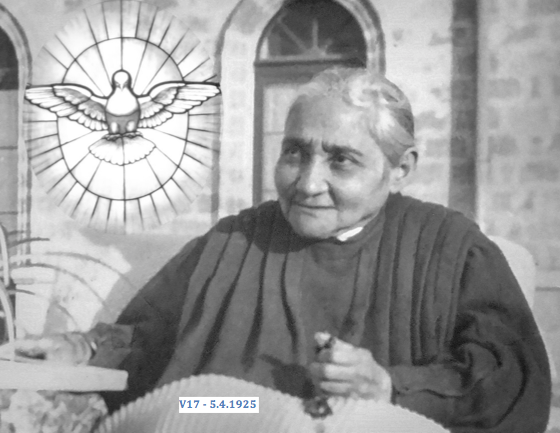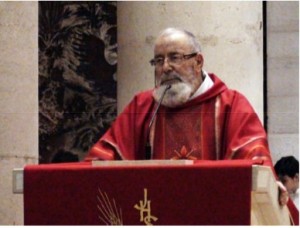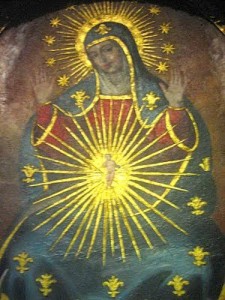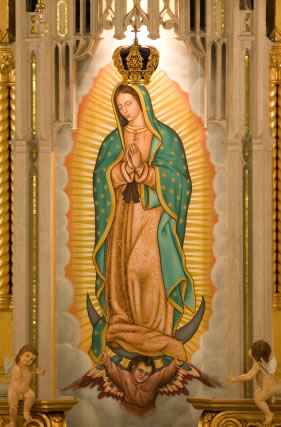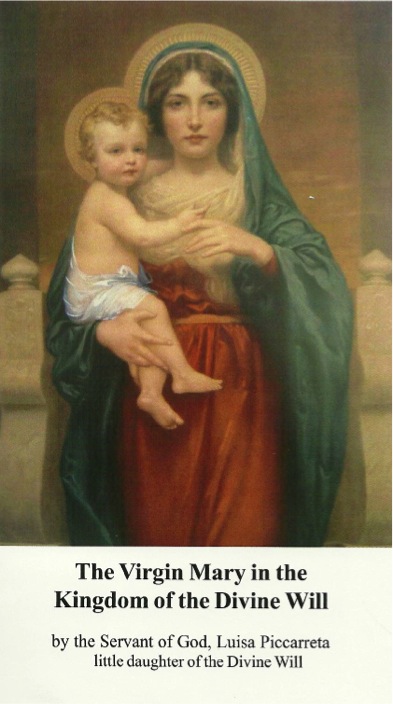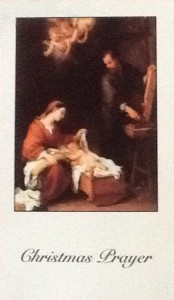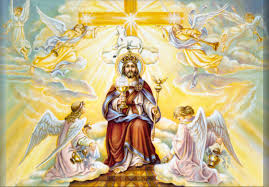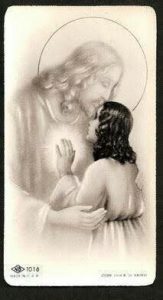Every day the Servant of God Luisa Piccarreta attended Holy Mass celebrated in her room, receiving the Most Holy Eucharist daily. She urged everyone to go to Mass on Sunday, and one time rebuked my sister Maria because she had not gone there. This said, it is unthinkable to attribute to the Servant of God behaviors that are not conformed to the Magisterium and to the Precepts of Holy Mother Church.
In order to understand well the spirituality of the Servant of God, the following requirements are necessary:
- The groups must be formed by Eucharistic souls;
- The groups must be devoted to the Most Holy Virgin, Mother of God;
- They must be submitted, in everything, to the authority of the Church and especially to their own Bishop, who is the only guarantee of the Faith in the local Church;
- All the writings that make reference to the diaries of Piccarreta, must be read and interpreted, only and solely, in the light of Sacred Scripture and of the Magisterium of the Church.
The groups must have as spiritual father, priests of sure orthodoxy, and who are legitimately incardinated in their own dioceses or, if religious, in the order they belong to.
The groups must gradually form and watch out for inappropriate fanaticism or inappropriate interpretations. Watching out for these inappropriate interpretations they should certainly avoid attitudes that border on heresy.
Our duty is exactly this: a correct interpretation of the writings of Piccarreta in the light of the Magisterium of the Church; this is the precise will of this soul all of God, and very faithful and very obedient daughter of the Church.
One who acts otherwise, is certainly a diabolical being who wants to hinder the fulfillment of the Kingdom of the Divine Will, of which the Servant of God is the bearer.
FIAT
Fr. Bernardino Bucci
